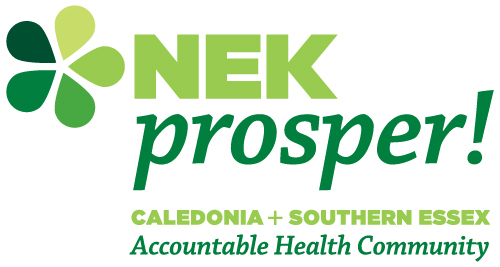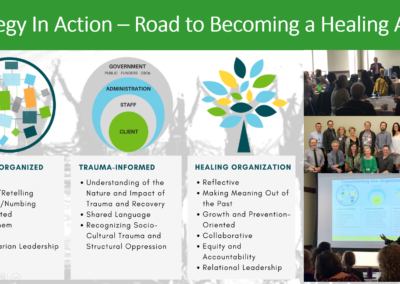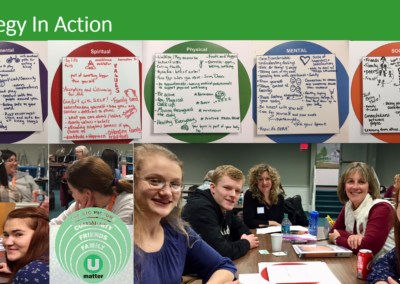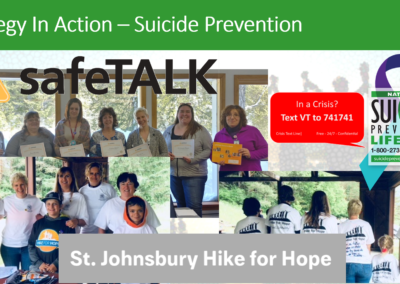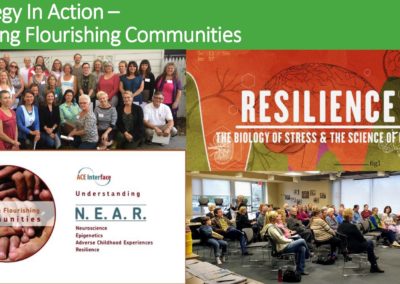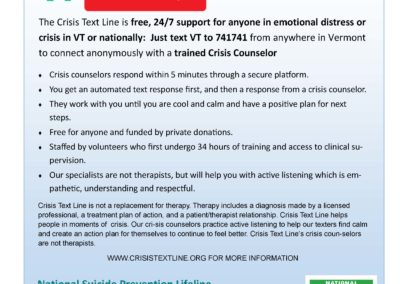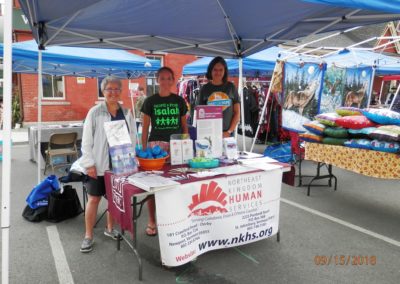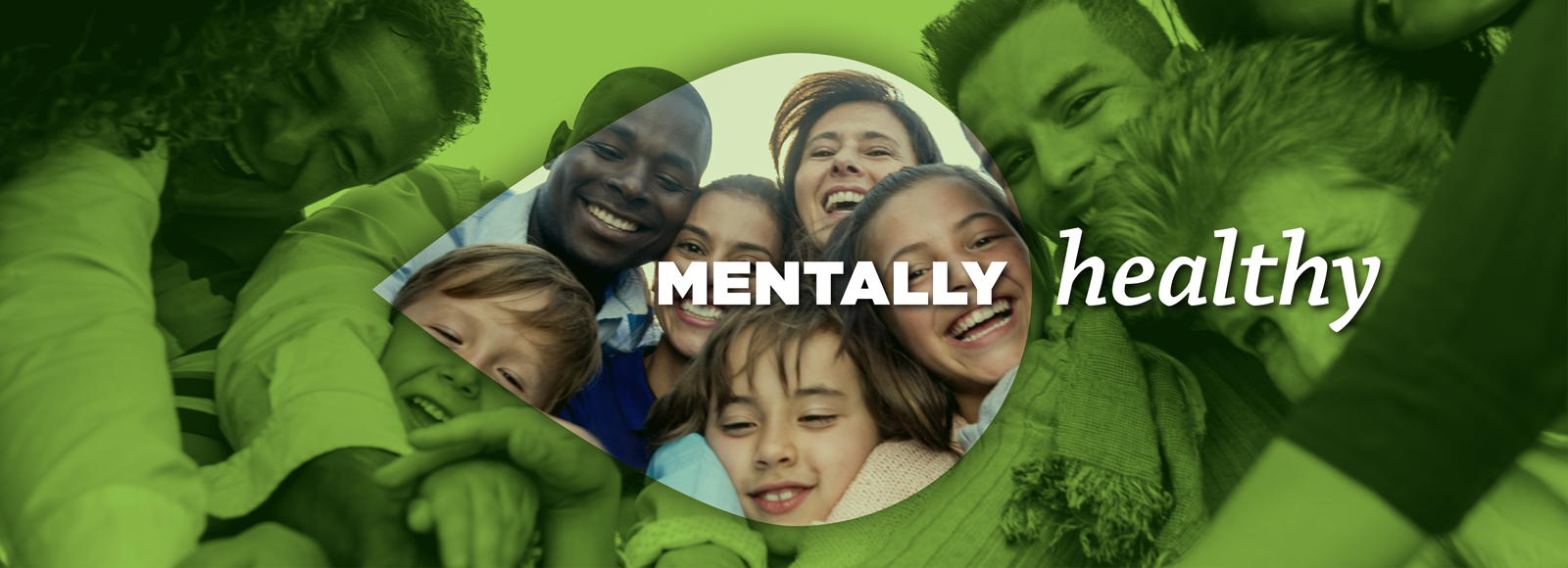
Mentally Healthy
The Mentally Healthy Collaborative Action Network (CAN) of NEK Prosper! is trying to turn the curve on mental health in our region.
How Are You Today, NEK? – See Here
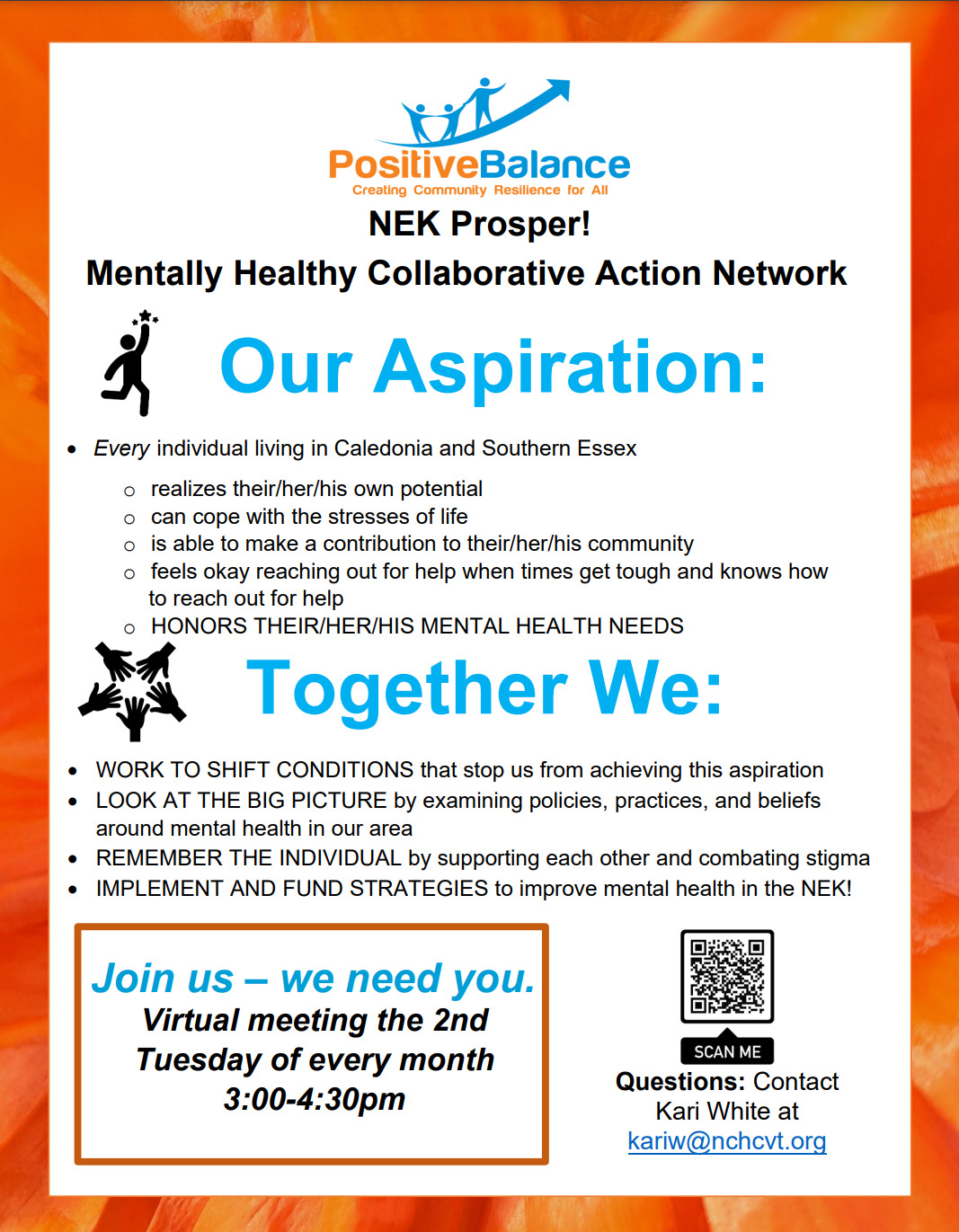
Mentally Healthy
The numbers below show the difference between the actual and targeted percentages in several categories and groups as they relate to being mentally healthy.
% of middle school students who ever attempted suicide
- Actual Value 7%
- Target Value 0%
% of high school students who ever attempted suicide, past 12 months
- Actual Value 6%
- Target Value 0%
% of LGBT high school students who ever attempted suicide, past 12 months
- Actual Value 18%
- Target Value 8%
% of adults with poor mental health/frequent mental distress
- Actual Value 13%
- Target Value 9%
% of Poor Mental Health Days per month
% of middle school students who ever attempted suicide
- Actual Value 14%
- Target Value 10%
% of adults with four or more Adverse Childhood Experiences
- Actual Value 18%
- Target Value 10%
Tools & Resources
- Live Mentally Healthy (Mental Health America)
- Compassion in Action: A Guide for Faith Communities Serving People Experiencing Mental Illness and their Caregivers
- Mental Health Essentials On Demand Webinars (designed to help women, girls and those who support them reduce stigma, build a culture of nonjudgmental listening and support community members who show signs of needing help.)
- Neurodiversity
- Parent Place
- Results Checklist (Data)
NEAR (Neurobiology, Epigenetics, ACEs, Resilience) Science – Stressful events that happen in our early years of development affect us in ways that last our entire lives. NEAR Science gives a better, holistic picture of a person’s experiences over his or her lifetime; it also incorporates resilience, which is an important factor in the outcomes of a person’s life.
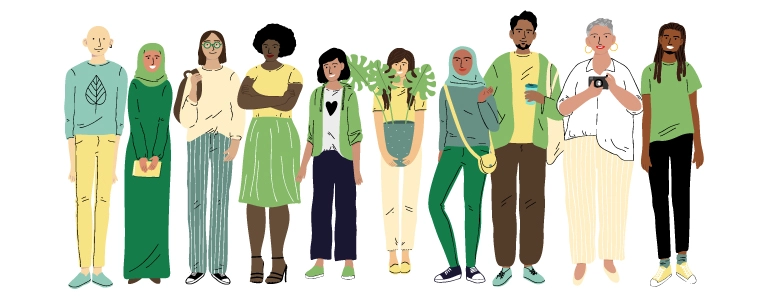
Online Resources and Links
Italicized means local
- NAMI Massachusetts Free Online Mental Health Support Groups for Communities of Color
- 55 Mental Health Resources for People of Color
- Addiction Group Substance Use Disorder Resources and Treatment Information
- Black Emotional and Mental Health Collective Wellness Resources
- Center for Discovery Free Virtual Eating Disorder & Mental Health Support Groups
- Journey to Recovery Community Center
- Kingdom Recovery Center
- Local Counselors and Therapists (Caledonia County – May 2023)
- Maternal Mental Health Hotline (confidential, toll-free hotline for expecting and new moms experiencing mental health challenges, accessible by phone or text): 1-833-9-HELP4MOMS (1-833-943-5746) in English and Spanish. TTY Users can use a preferred relay service or dial 711 and then 1-833-943-5746.
- Mental Health for Black and African American Students
- National Alliance on Mental Illness (NAMI) Vermont
- Northeast Kingdom Human Services
- Outright Vermont LGBTQ+ Mental Health Resource Guide
- The Stability Network: A growing movement of people living and working with mental health conditions. We share our stories to inspire others and change how people think about mental health.
- VT Helplink Alcohol and Drug Support Center
Join Us!
Check out these upcoming events to support mental health and healing.
- Wednesday Wellness
with NKHS from 12:00-12:30pm via Zoom
Suicide
Suicide is a serious public health problem that can have lasting harmful effects on individuals, families, and communities. People of any age, race, ethnicity, or sex can experience suicide risk, but certain groups have substantially higher rates of suicide than the general U.S. population. Veterans, people who live in rural areas, sexual and gender minorities, middle-aged adults, and tribal populations may disproportionately experience factors linked to suicide.
- there are actions that people can take to help prevent suicide,
- prevention works,
- resilience and recovery are possible,
- effective programs and services exist, and
- help is available.
See below for resources, events and stories of hope and healing.
There is no single cause to suicide. It most often occurs when stressors exceed the current coping abilities of a person. Knowing the signs, finding the words, and reaching out for help can prevent suicide and save lives.
Action
We’re currently working on one universal strategy and three targeted strategies:
Regional Mental Health Campaign – How Are You Today, NEK?
The How Ae You Today, NEK? Regional Mental Health Campaign is our universal strategy to reduce stigma and myths around mental health and suicide, increase positive messaging about belonging, seeking help and where to find that help. “Research shows that connectedness and social capital together may (build mental well-being and) protect against suicidal behaviors by decreasing isolation, encouraging adaptive coping behaviors, and by increasing belongingness, personal value, and worth, to help build resilience in the face of adversity.” -CDC
Building Flourishing Communities
A transformational process model for improving intergenerational health by building community capacity and disseminating NEAR (Neuroscience, Epigenetics, Adverse Childhood Experiences and Resilience) science.
Suicide Safer Care
Reducing deaths by suicide by building a system a of care between Primary Care practices and Designated Mental Health Agencies and increasing the overall knowledge, comfortability, and clinical competency of providers in Blueprint Patient Centered Medical Homes to assess for suicide, safety plan with patients, and make referrals when appropriate for higher levels of care.
Northeast Kingdom Create Health
Using the power of art to address social isolation and despair and rigorously test whether art can be an intervention to help people get through these difficult times.
You Can Give Help, You Can Get Help
We all need help sometimes. If you need someone to talk to or are worried about a friend or loved one, FREE, CONFIDENTIAL, PROFESSIONAL support is available 24/7:
- Call or Text 988 for the Suicide and Crisis Lifeline
- CLICK HERE TO Chat Online with the Suicide and Crisis Lifeline
